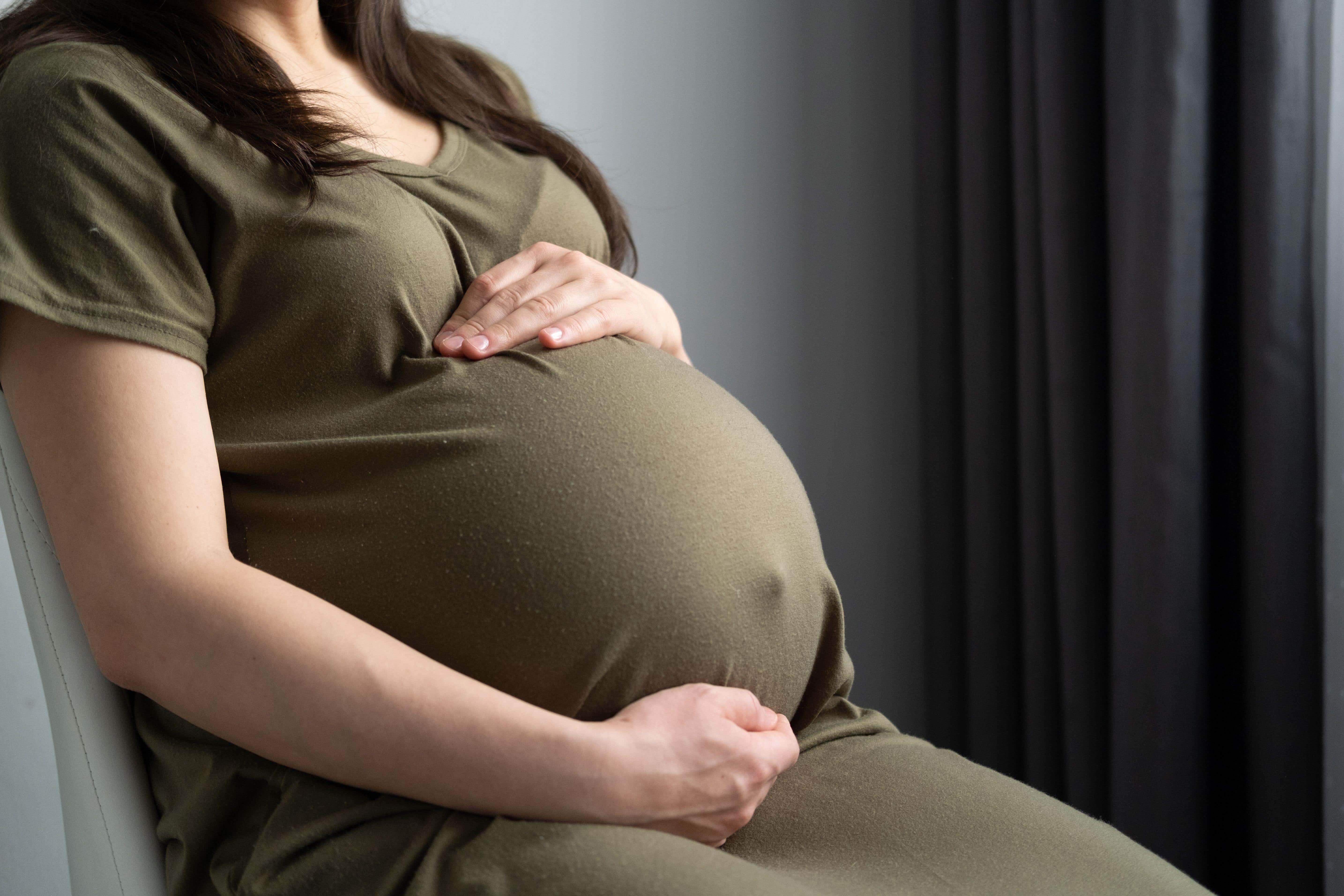What is group B strep? Charity says pregnant women ‘in the dark’
Known as the silent infection, GBS can be fatal for newborns.

Your support helps us to tell the story
From reproductive rights to climate change to Big Tech, The Independent is on the ground when the story is developing. Whether it's investigating the financials of Elon Musk's pro-Trump PAC or producing our latest documentary, 'The A Word', which shines a light on the American women fighting for reproductive rights, we know how important it is to parse out the facts from the messaging.
At such a critical moment in US history, we need reporters on the ground. Your donation allows us to keep sending journalists to speak to both sides of the story.
The Independent is trusted by Americans across the entire political spectrum. And unlike many other quality news outlets, we choose not to lock Americans out of our reporting and analysis with paywalls. We believe quality journalism should be available to everyone, paid for by those who can afford it.
Your support makes all the difference.Pregnant women and new mothers are not being given enough information about life-threatening group B strep, a charity has warned.
A survey for the charity Group B Strep Support (GBSS) of 529 pregnant women and mothers who had a baby in the last two years found that 66% are not getting information from their healthcare professional about group B strep.
Just 24% said they were given information by a health professional about the bacteria and 62% did not feel confident identifying symptoms of the potentially life-threatening infection in a baby.
What is group B strep?
It is a type of bacteria called streptococcal bacteria and can be found in both men and women.
GBSS says around two to four out of every 10 women in the UK will carry group B strep in their rectum, vagina, or intestines, although most of them won’t experience any symptoms.
It’s usually harmless, and even common in pregnancy, but there is a risk it could spread to your baby and make them ill.
What happens if a baby gets it?Group B strep It’s the most common cause of life-threatening infection in newborn babies, and it can kill within hours.The charity says two babies a day develop the infection, one baby dies of it every week, and one baby a week recovers, but with a life-changing disability. It says most of these cases could be prevented.
It can also lead to serious conditions including meningitis, sepsis and pneumonia.
Why are there not more tests?
The NHS does not routinely test for group B strep, though women can pay privately for a test (which costs around £40). It may be found during examinations for another reason, such as a vaginal swab.
Group B Strep Support says many high-income countries routinely offer testing to all pregnant women, including the United States, Canada, Germany, France and Spain.
However, the national screening committee ruled that tests cannot accurately distinguish between those mothers whose babies are at risk, and those who are not. It said this means that a large number of women would unnecessarily be offered antibiotics.
A Department of Health and Social Care spokesperson said: “There is currently insufficient evidence that the benefits of universal screening for Group B streptococcal infections could outweigh the harm.
“However, there is an ongoing clinical trial into this screening, which is due to report in 2024, and the UK National Screening Committee will consider its results when complete.”
Are there any signs in newborns?
Symptoms of a group B strep infection can develop up to three months after birth. Go to A&E or call 999 if your baby is floppy and unresponsive, working hard to breathe, has very fast or slow breathing, unusually high temperature, changes to their skin colour, vomiting up milk, or has an unusually fast or slow heart rate.How is it treated?If you do get tested or you’ve had a baby who has been affected before, you may be advised to give birth in a hospital setting (rather than midwife-run birth centre or at home).Some women can have antibiotics in labour to cut the chance a baby will fall ill. You may be asked to stay in hospital for at least 12 hours after giving birth to monitor the baby, the NHS says.
Newborn babies can be given antibiotics too.